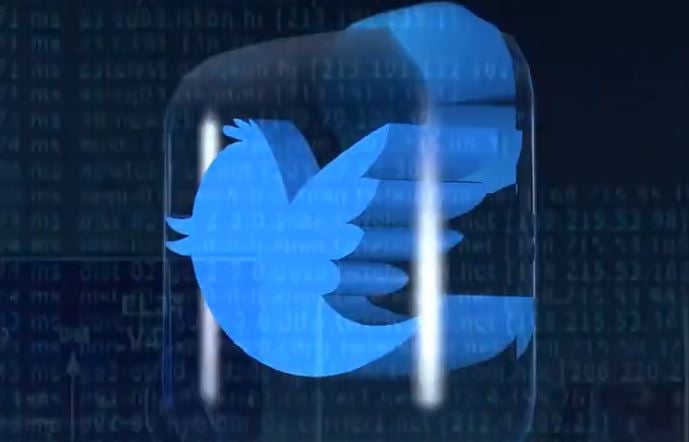This is a breaking story. Please refresh page to see updates as the Twitter thread unrolls.
Journalist Matt Taibbi released more Twitter files on Tuesday: How Twitter let the Intelligence community in
2. In August 2017, when Facebook decided to suspend 300 accounts with “suspected Russian origin,” Twitter wasn’t worried. Its leaders were sure they didn’t have a Russia problem.
3. “We did not see a big correlation.”“No larger patterns.”“FB may take action on hundreds of accounts, and we may take action on ~25.”
4. “KEEP THE FOCUS ON FB”: Twitter was so sure they had no Russia problem, execs agreed the best PR strategy was to say nothing on record, and quietly hurl reporters at Facebook:
5. “Twitter is not the focus of inquiry into Russian election meddling right now – the spotlight is on FB,” wrote Public Policy VP Colin Crowell:
6. In September, 2017, after a cursory review, Twitter informed the Senate it suspended 22 possible Russian accounts, and 179 others with “possible links” to those accounts, amid a larger set of roughly 2700 suspects manually examined.
7. Receiving these meager results, a furious Senator Mark Warner of Virginia – ranking Democrat on the Intelligence Committee – held an immediate press conference to denounce Twitter’s report as “frankly inadequate on every level.”
8. #Irony,” mused Crowell the day after Warner’s presser, after receiving an e-circular from Warner’s re-election campaign, asking for “$5 or whatever you can spare.”
“LOL,” replied General Counsel Sean Edgett.
9. “KEEP PRODUCING MATERIAL” After meeting with congressional leaders, Crowell wrote: “Warner has political incentive to keep this issue at top of the news, maintain pressure on us and rest of industry to keep producing material for them.”
10. “TAKING THEIR CUES FROM HILLARY CLINTON” Crowell added Dems were taking cues from Hillary Clinton, who that week said: “It’s time for Twitter to stop dragging its heels and live up to the fact that its platform is being used as a tool for cyber-warfare.”
11. In growing anxiety over its PR problems, Twitter formed a “Russia Task Force” to proactively self-investigate.
12. The “Russia Task Force” started mainly with data shared from counterparts at Facebook, centered around accounts supposedly tied to Russia’s Internet Research Agency (IRA). But the search for Russian perfidy was a dud:
13. OCT 13 2017: “No evidence of a coordinated approach, all of the accounts found seem to be lone-wolf type activity (different timing, spend, targeting,
13. OCT 13 2017: “No evidence of a coordinated approach, all of the accounts found seem to be lone-wolf type activity (different timing, spend, targeting, <$10k in ad spend).” pic.twitter.com/lmkVazTA5K
— Matt Taibbi (@mtaibbi) January 3, 2023
14. OCT 18 2017: “First round of RU investigation… 15 high risk accounts, 3 of which have connections with Russia, although 2 are RT.”
15. OCT 20 2017: “Built new version of the model that is lower precision but higher recall which allows to catch more items. We aren’t seeing substantially more suspicious accounts. We expect to find ~20 with a small amount of spend.”
16. OCT 23 2017: “Finished with investigation… 2500 full manual account reviews, we think this is exhaustive… 32 suspicious accounts and only 17 of those are connected with Russia, only 2 of those have significant spend one of which is Russia Today…remaining
16.OCT 23 2017: “Finished with investigation… 2500 full manual account reviews, we think this is exhaustive… 32 suspicious accounts and only 17 of those are connected with Russia, only 2 of those have significant spend one of which is Russia Today…remaining <$10k in spend.” pic.twitter.com/Kkdyx4HDOr
— Matt Taibbi (@mtaibbi) January 3, 2023
17. Twitter’s search finding “only 2” significant accounts, “one of which is Russia Today,” was based on the same data that later inspired panic headlines like “Russian Influence Reached 126 Million Through Facebook Alone”:
18. The failure of the “Russia task force” to produce “material” worsened the company’s PR crisis.
19. In the weeks after Warner’s presser, a torrent of stories sourced to the Intel Committee poured into the news, an example being Politico’s October 13, “Twitter deleted data potentially crucial to Russia probes.”



